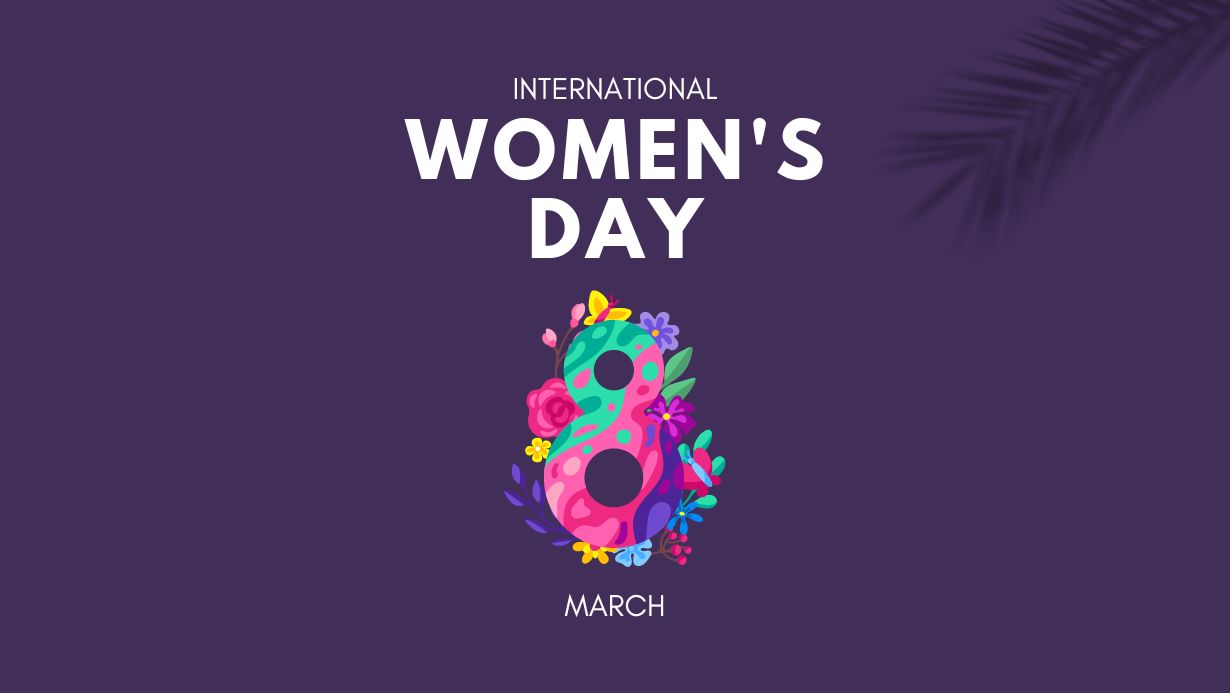Every year on March 8th, people around the globe come together to celebrate International Women’s Day (IWD), a day dedicated to recognizing the achievements of women and promoting gender equality. This global event serves as a reminder of the ongoing struggle for women’s rights and the importance of creating a more inclusive and equitable world.
The History of International Women’s Day
International Women’s Day has its roots in the early 20th century, a time when women were fighting for their rights in the workplace and in society. The first recorded celebration of IWD took place on February 28, 1909, in New York City, organized by the Socialist Party of America.
In 1910, at the International Socialist Women’s Conference in Copenhagen, Denmark, German socialist Clara Zetkin proposed the idea of an annual International Women’s Day. The proposal was unanimously approved, and the first official IWD was celebrated on March 19, 1911, in Austria, Denmark, Germany, and Switzerland.
Over time, International Women’s Day grew in prominence and became a global phenomenon. In 1975, the United Nations officially recognized March 8th as International Women’s Day, and it has been celebrated on this date ever since.
The Significance of International Women’s Day
International Women’s Day is a time to reflect on the progress made towards gender equality and to acknowledge the work that still needs to be done. Despite significant advancements in women’s rights over the past century, women continue to face discrimination, violence, and inequality in many parts of the world.
IWD serves as a platform to raise awareness about these issues and to advocate for change. It is a day to celebrate the resilience, strength, and achievements of women, as well as to call for action to address the challenges they face.
Some of the key issues highlighted on International Women’s Day include:
- Gender-based violence and harassment
- Unequal pay and workplace discrimination
- Limited access to education and healthcare
- Underrepresentation in leadership and decision-making roles
- Stereotyping and gender bias in media and society
Fascinating Facts About Women and Gender Equality
- The first country to grant women the right to vote was New Zealand in 1893.
- In Iceland, it is illegal to pay women less than men for the same work.
- The world’s first elected female head of state was Sirimavo Bandaranaike of Sri Lanka, who served as Prime Minister in 1960.
- Women inventors have been responsible for groundbreaking innovations, such as the first computer algorithm (Ada Lovelace), the first dishwasher (Josephine Cochrane), and Kevlar (Stephanie Kwolek).
- Women comprise 70% of the world’s poor and own less than 2% of the world’s land.
- In the United States, women earn an average of 82 cents for every dollar earned by men.
- Globally, women spend about three times as many hours as men on unpaid care work, such as childcare and housework.
- As of 2021, only 26 countries have women serving as heads of state or government.
- Women make up nearly 70% of the global health workforce but hold only 25% of senior roles.
- The World Economic Forum estimates that, at the current rate of progress, it will take another 257 years to close the global gender gap in economic participation and opportunity.
Celebrating International Women’s Day
International Women’s Day is celebrated in many ways around the world, from marches and rallies to conferences and cultural events. The day often features keynote speeches, panel discussions, and workshops on topics related to gender equality and women’s empowerment.
Many organizations, including the United Nations, use International Women’s Day to launch new initiatives and campaigns aimed at advancing women’s rights and promoting gender equality. These initiatives may focus on issues such as ending violence against women, increasing women’s political participation, or supporting women entrepreneurs.
On an individual level, people can celebrate International Women’s Day by:
- Educating themselves about women’s issues and the ongoing fight for gender equality
- Supporting women-owned businesses and organizations that empower women
- Advocating for gender equality in their workplaces and communities
- Challenging gender stereotypes and bias in their daily lives
- Celebrating the women in their lives and acknowledging their contributions
Conclusion
International Women’s Day is a powerful reminder of the ongoing struggle for gender equality and the importance of creating a world where women have equal rights, opportunities, and representation. By celebrating the achievements of women, raising awareness about the challenges they face, and advocating for change, we can work towards a more just and equitable future for all.
As we commemorate International Women’s Day, let us renew our commitment to empowering women worldwide and creating a society where every individual, regardless of gender, can thrive and reach their full potential.
International Women’s Day Dates
| Year | Date | Day of the Week |
|---|---|---|
| 2022 | March 8 | Tuesday |
| 2023 | March 8 | Wednesday |
| 2024 | March 8 | Friday |
| 2025 | March 8 | Saturday |
| 2026 | March 8 | Sunday |
| 2027 | March 8 | Monday |
| 2028 | March 8 | Wednesday |
